Georgia vs. Abkhazia
1993 - ongoing by 2011
Core issue: Conflict over the autonomy status of Abkhazia
Type of conflict ending: Conflict ongoing by 2011
At the heart of the Georgian-Abkhazian war in 1992-1993 and the ensuing frozen conflict is the status
of the former Soviet republic of Abkhazia. While Georgia maintains that this region is part of Georgian sovereign territory, it has de facto not exercised control over Abkhazia since 1993. Abkhazia proclaimed independence in July 1992, which triggered a military response from Tbilisi aimed at restoring control.
The Abkhaz War was largely secessionist in its nature, and it had a significant ethnic element to it. The Abkhazians, who possess an own identity, did not welcome the Georgian nationalism revived in the times of "perestroika" and refused the policies of homogenization, Georgianization and Christianization during the rule of president Zavid Gamsakhurdia. These sentiments guided future actions against ethnic Georgians. The status of Abkhazia remains unresolved and only a handful of members of the UN recognize Abkhazia's independence.
The ceasefire known as the Moscow Agreement was successfully negotiated on May 14, 1994, after two unsuccessful attempts. The parties in conflict were engaged in negotiations that were sponsored by the UN (Geneva Talks) and supported by the Group of Friends of Georgia (France, Germany, Russia, the UK, the US). During the Russo-Georgian war over South Ossetia in 2008, Abkhaz rebels, with the support of Russian forces, tried to seize control over the upper Kodori Valley. Abkhazia signed the Six-Point Ceasefire on August 14, which ended the Russo-Georgian conflict. After the war, the position of Abkhazia was strengthened as a result of the support and recognition from Russia, while this also meant a worsening of relations with Georgia. In general, the situation returned to being "frozen" ever since the events of 2008.
Abkhazia is significantly dependent on Russia in terms of defense, its social system and its budget. 49 percent of Abkhazia's budget in 2010 was direct financial support from Russia. Russia finances pensions and unemployment benefits. The UN assumed various roles throughout the conflict and started an observer mission, the United Nations Observer Mission in Georgia (UNOMIG), in August 1993. Other peacekeeping forces present were Russian troops under the auspices of the Commonwealth of Independent States that were deployed in May 1994, which was authorized and supported by United Nations Security Council Resolution 934 (June 30, 1994). Nonetheless, the role of peacekeeping forces under the control of Russia has been contested throughout the years. After 2008, the UN, OSCE and EU established a new format of the Geneva Talks (now named the Geneva International Discussions), and there were some successes in negotiations, but only relating to security and humanitarian issues rather than the political status of Abkhazia, which remains unresolved. No peace treaty has been signed, and the border is still officially a line of conflict.
Sources
Cornell, Svante, 2001. Small Nations and Great Powers, London: Routledge Curzon.
Derluguian, Georgi M., 1998. "The Tale of Two Resorts: Abkhazia and Ajaria Before and Since the Soviet Collapse", In: The Myth of Ethnic Conflict: Politics, Economics, and Cultural Violence, edited by Beverly Crawford and Ronnie D Lipschutz.
International Committee of the Red Cross, 1999. "Country report Georgia/Abkhazia: ICRC worldwide consultation on the rules of war", http://www.icrc.org/Web/eng/siteeng0.nsf/htmlall/Greenberg_reports/$File/georgia.pdf.
Kolstř, P. and Helge Blakkisrud, 2008. "Living with Non-recognition: State- and Nation-building in South Caucasian Quasi-states", Europe-Asia Studies, 60 (3), 483-509.
Peterson, A., 2008. "The 1992-93 Georgia-Abkhazia War: A Forgotten Conflict", Caucasian Review of International Affairs, 2 (4), MISSING PAGE NUMBERS.
Sarkees, Meredith Reid and Frank Wayman, 2010. Resort to War: 1816-2007, Washington, DC: CQ Press.
"UCDP - Uppsala Conflict Data Program: Government of Georgia - Republic of Abkhazia", 2019. Accessed 18 July 2019 <https://ucdp.uu.se/#conflict/392>
